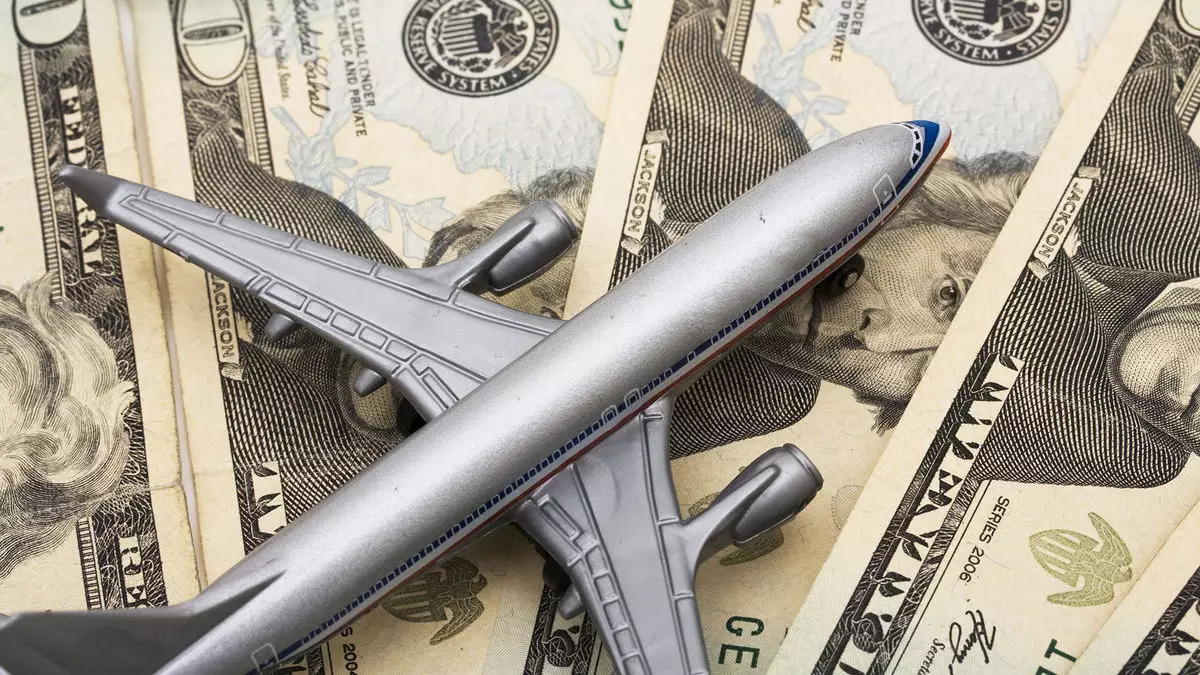The recently finalized refund regulations by the Department of Transportation have sparked a mix of reactions within the airline industry. While consumer groups are praising the new rules, airlines are expressing discontent. One major concern raised by the American Society of Travel Advisors (ASTA) is the provision that holds agencies accountable for refund payments even if the airlines possess the funds. This particular provision has raised red flags among agencies, as they fear financial repercussions due to being the merchant of record in certain transactions. ASTA argues that this could potentially lead to smaller agencies going out of business if faced with multiple refund requests.
The new regulations will require airlines to inform passengers proactively about their eligibility for refunds before offering flight credits or other alternatives. Additionally, refunds must be processed within seven days for tickets purchased using credit cards. This shift towards more forceful notification rules is seen as a significant change by industry experts. John Grant, a senior analyst with OAG, believes that this move could be a game-changer for consumers as well as airlines. It will prevent airlines from defaulting to issuing flight credits to passengers who might not be aware of their rights.
One crucial aspect of the updated rules is the definition of a “significant delay” as being three hours or more for domestic flights and six hours or more for international flights. This clarification aims to provide clearer guidelines for passengers in case of flight disruptions. The new refund requirements are viewed as a watershed moment for passenger protection by consumer advocate Bill McGee. He believes that airlines have often made it challenging for passengers to receive refunds, and this rule will enhance consumer rights within the industry.
The recent refund regulations have faced pushback from the Airlines for America (A4A) trade group. A4A argues that these rules, along with other transparency measures, could lead to confusion for consumers and limited choices. The trade group believes that a one-size-fits-all approach is detrimental to competition and consumer interests. They fear that these regulations might hinder carriers’ ability to compete based on different service models.
Despite the initial resistance from airlines, experts like Mario Matulich see the new refund requirements as beneficial in the long run. Matulich believes that companies investing in customer experience enhancements eventually profit from such initiatives. He suggests that airlines prioritizing transparency and customer satisfaction will ultimately gain a competitive edge in the market. The emphasis on automated and streamlined refund processes could be a key factor in determining market success for airlines.
While concerns persist regarding the impact of the new refund regulations, there are discussions within Congress about potential solutions. An FAA reauthorization package is expected to mandate the prompt transfer of funds from airlines to ticket agents in cases where intermediaries act as the merchant of record. This legislative intervention aims to alleviate the financial burden on agencies and ensure a smoother refund process for all parties involved. However, the Department of Transportation’s track record of delayed implementation of new regulations raises uncertainties about the timeline for these changes.
The new refund regulations introduced by the Department of Transportation have stirred a variety of responses within the airline industry. While consumer protection advocates welcome these changes, airlines and trade groups have raised concerns about the potential drawbacks of the new rules. The impact of these regulations on competition, consumer rights, and industry practices remains to be seen as the aviation sector adjusts to these evolving standards.

